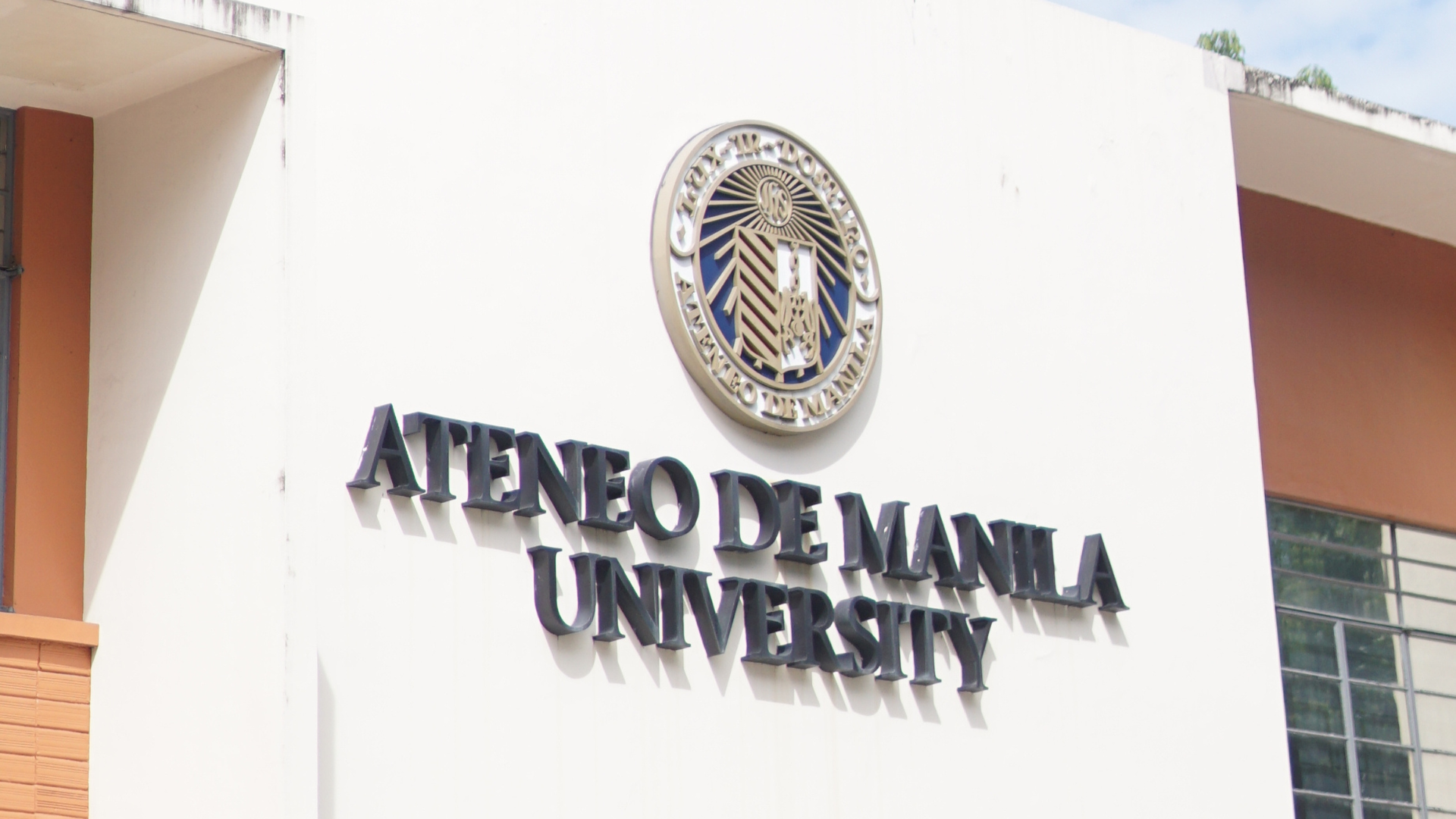Ateneo-based theology center airs view on divorce

PHOTO: Official website of Ateneo de Manila University
“Divorce ought to be only a last resort but we must not stand in the way of those who truly need it,” a theological research center based at Jesuit-run Ateneo de Manila University said, as it offered its own perspective on a pending legislation on divorce now in the Senate.
In a “reflection” posted on its Facebook page on Thursday, the Center for Catholic Theology and Social Justice (CCTSJ) said the proposed Absolute Divorce Act “is a public issue, not a religious one.”
“While not ideal, divorce as contemplated by the authors of the bill is only for irreparable marriages. Catholics who are in healthy marriages and are against it are not compelled to get one,” CCTSJ said regarding the measure (House Bill No. 9349), which the House of Representatives passed on May 22.
According to its website, the center was set up in November last year by Ateneo and the Catholic University of Leuven, or Katholieke Universiteit Leuven (KUL), “to provide scholarly contributions that critically examine sociopolitical, economic, and ecological concerns in critical dialogue with the rich tradition of Catholic theology and the varied ways that tradition has been integrated with … Filipino, social, and cultural tradition.”
‘Reality of the struggles’
CCTSJ’s founding directors are professor Ruben Mendoza, Ateneo theology department chair, and professor Stephan van Erp, coordinator of KUL’s Sytematic Theology and the Study of Religions Research Unit.
Article continues after this advertisementCCTSJ noted that while many in the church have voiced strong opposition to the bill’s recent approval, they should also be aware of the challenges facing spouses.
Article continues after this advertisement“While the church rightly emphasizes its teachings on marriage and the family, it must not lose sight of the reality of the struggles that married couples and families experience in their daily lives. We ought not to speak of the sacramentality of marriage in the abstract but must seriously grapple with its lived reality,” the center said.
It quoted Pope Francis’ 2016 apostolic exhortation “Amoris laetitia” where he said that the indissolubility of marriage should not be viewed as a “yoke” imposed on humanity but as a “gift” granted to those who are joined in marriage.
While there is no perfect marriage, there are successful, meaningful, and fruitful ones “because of God’s grace and the preserving efforts of married couples to make their relationship work,” CCTSJ said.
But it also cited the need to acknowledge that “there are married couples who ought not to have gotten married in the first place.”
“There are individuals who are incapable of genuine commitment. There are even those who have shown themselves to be abusive of both their spouses and children. Sadly, many of those victims of physical, emotional or sexual abuse continue to suffer. They even feel that they need to sacrifice their own happiness for the sake of their children,” CCTSJ said.
Avoid judgments
Abusive marriages “are not sacramental at all and they should make us question if it is truly God who has joined them together,” the group said, adding that many women in such difficult marriages find themselves financially and socially vulnerable and lacking in legal support.
Church leaders need to listen to these women’s heartbreaking stories, CCTSJ said.
It also paraphrased the “Amoris laetitia,” saying that these leaders should avoid judgments that do not take into account the complexity of various situations.
CCTSJ said the bill should also make the church “be more reflective of our own shortcomings,” adding that it “is not enough that our pastors preach about the sanctity of marriage and resist the impending enactment of the bill into law.”
“We also need to develop comprehensive programs that sufficiently prepare those who receive the sacrament and provide them the necessary support to grow in their married and family life,” it said.
‘Comfort zones’
The center said many parishes do not have adequate safeguards that prevent those who are psychologically unprepared and incapable of getting married.
They also “do not have adequate marriage preparation and ongoing programs that empower married couples to grow as a couple in the various stages of their married life.”
“In most instances, married couples are left to their own devices to figure out the meaning of their marital commitment and grow together in grace,” CCTSJ said.
It noted further that most parishes “lack the initiative to go out of their comfort zones and to the peripheries, smell like the sheep, and develop creative programs that are truly responsive to the concerns of the married people.”
READ: Pope Francis appoints Filipino priest to Vatican’s Pontifical Academy of Social Sciences — CBCP
It is only when the church has adequate programs in place, showing “compassion and closeness to the frailty of individuals” as the Pope said in “Amoris,” that it can “more credibly preach” about the sacrament of marriage, CCTSJ said.
“Our role as a community for the success of any marriage is indispensable. When we do our part, marriage can truthfully be a commitment for better and for worse,” it added.